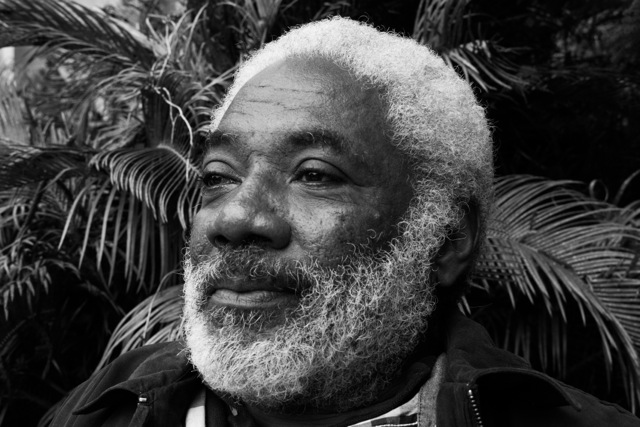 By Cassie Colby | gargoyle@flagler.edu
By Cassie Colby | gargoyle@flagler.edu
“What are you?” is the question I’ve heard the most since coming to St. Augustine. Both black and white people ask me this question. It no longer fazes me, unlike when I first got here. I would wonder, “what are they talking about, ‘what am I?’ What do I look like?”
A follow up to their question is usually, “You look Hawaiian.” I would then think, “Do you even know what a Hawaiian looks like? Have you ever left Florida before?” It continues to amaze me how people can jump to conclusions so quickly.
I am a 20-year-old half African-American and half Caucasian female. I could be mixed with other things, but for all intents and purposes I am black. In my hometown, Los Angeles, it is not often that someone asks me what race I am because of the multicultural surroundings.
I have all types of friends — Middle Eastern, European, Asian, Spanish, black and white. It was quite a change coming to St. Augustine after living in such a diverse population for my entire life.
I have always been taught to judge someone by their character and not the color of their skin. But I’ve found it isn’t only whites who can show these racist tendencies, but blacks against blacks as well. I’ve heard this line too many times from my African-American friends: “You don’t deserve to have an opinion. You’re not black.”
It is always shocking that I hear this from people of my own race. Of course, I’ve had a different upbringing than most, and I am most definitely a fortunate person. Yet, I still face the same adversities. I am a black woman in America.
In the last couple of years, I have realized that racism definitely still exists in America. These statements have impacted me and caused me to think more about race relations in our country. I was stunned to find out that the segregation mentality still exists. Freshman year at Flagler College I encountered a girl who strongly believed that inter-racial marriages and relationships shouldn’t exist. “I don’t believe in inter-racial marriage,” she said. “It’s wrong.”
I immediately shook my head in disbelief and blurted out, “you do know that I’m mixed right? My dad is white and my mom is black.” Her face immediately turned red. I told her I felt bad for her and left the room.
Yes, I felt bad for her. I felt horrible that people still think that way. It was a disturbing thing to hear, and as soon as I left the room, I was in tears. I believe that part of my acceptance of other people and cultures is due to numerous family vacations abroad. Traveling to other countries has helped me understand different types of people.
However, I also believe that racism may never be cured in this country, even though the population is made up of mixed cultures. There will always be something for people to discriminate against. I wish there were a simple solution to racism. But, until we can have a mutual understanding between different cultures, there will be no progress toward getting rid of it.
But it made me realize something: Next time someone asks me what I am, I will simply answer, “I am American.”






Be the first to comment on "Coming to terms with racism in the 21st century"